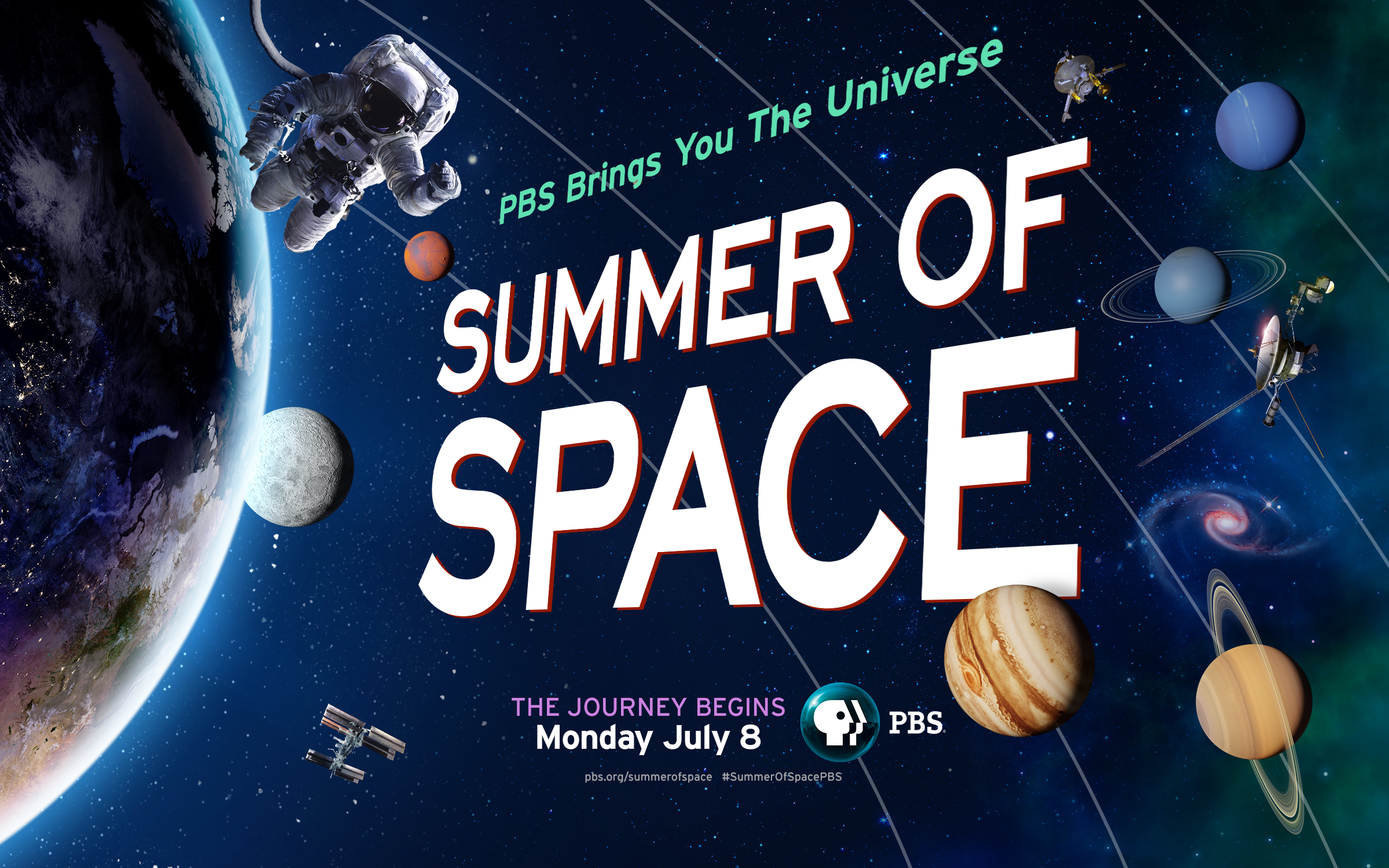
Chasing the Moon
Click here to watch all of Chasing the Moon.
Space Chase USA
Click here to learn more about Space Chase USA and Apollo 11.
Your Space Place
Event Highlights
Columbia Elementary School's teachers encourage their students to remember the history of the Columbia shuttle disaster but also teaches them to look to the future for space and STEM advancements. Check out this week's episode of #YourSpacePlace to learn more!
Gemini has a lot of history to its name and makes sure to connect their STEM programs to the heritage. See how else they are involved with space exploration on this week's #YourSpacePlace.
Atlantis Elementary School aims to show their students that they can strive to be anything they want...even a National Aeronautics and Space Administration - NASA engineer! Check out how they are challenging their students on the newest #YourSpacePlace episode.
Freedom 7 Elementary has a long history in celebrating space with Alan Shepard and honoring local heroes. See how else they are involved with space exploration on this week's #YourSpacePlace.
To the Moon and Beyond
Yuri's Night
PBS Kids Time at local libraries
Chasing the Moon & Space Chase USA Documentary Screening and Discussion
Moon Memories
Moon Memories presents inspiring firsthand accounts of the pioneers of space exploration. Watch the full special now.
Ready Jet Go! Day
Astronaut Parade & Street Party
One Giant Leap Block Party
“We’ve been there” – Charlie Murphy, Retired Executive, Rockwell Florida. Hear why retired NASA workers and contractors still think of the good Apollo days when they're looking up at the moon!
Retired NASA employees and contractors share how they didn’t work a day in their lives.
Harris Rosen shares his story about his present from the men who walk on the moon.
Was #NASA all work and no play? Yeah right! A hotelier and retired space employees talk about what it was like when the astronauts came to party.
Financial support for Summer of Space has been made possible in part by...

Additional Space Programming
Monday, June 17
Monday, July 8, 8 p.m.
Tuesday, July 9, 8 p.m.
Meet the pioneering Air Force scientists and pilots whose Project Manhigh, which collected data about the biological and technical factors required to support human activity in space, laid the groundwork for the U.S. space program.
Wednesday, July 10, 8 p.m.
Monday, July 15, 9 p.m.
Tuesday, July 16, 10 p.m.
Apollo astronauts and engineers tell the inside story of Apollo 8, the first manned mission to the moon.
A Year in Space
Wednesday, July 17, 8 p.m.
Tuesday, July 23, 10 p.m.Follow astronaut Scott Kelly’s record-breaking 12-month mission on the International Space Station, from launch to landing, as NASA charts the effects of long-duration spaceflight by comparing him to his identical twin on Earth, astronaut Mark Kelly.
Wednesday, July 17, 9 p.m.
Wednesday, July 24, 8 p.m.
Wednesday, July 24, 9 p.m.
Tuesday, July 30, 10 p.m.
BEYOND A YEAR IN SPACE picks up where the first film left off: Scott Kelly’s last day in space and return to Earth. The final installment also introduces viewers to the next generation of astronauts training to leave Earth’s orbit and travel into deep space.
Wednesday, July 31, 10 p.m.
Learn how NASA’s epic Voyager missions, launched in 1977, revolutionized our understanding of Jupiter, Saturn, Uranus, Neptune, and their dazzling moons and rings. In 2012, Voyager 1 left our solar system and ushered humanity into the interstellar age.
Wednesday, August 14, 8 p.m.
Join the mission as the New Horizons spacecraft attempts to fly by NASA’s most distant target yet. Since it explored Pluto in 2015, New Horizons is zooming toward Ultima Thule, an object four billion miles from Earth.

